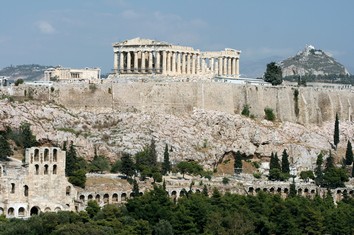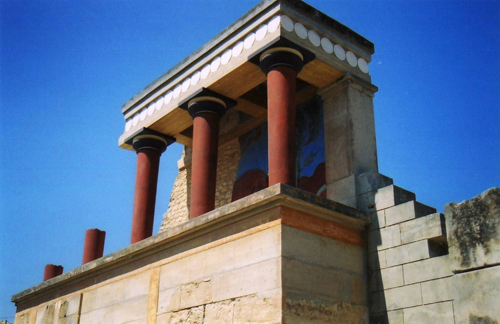
We are 2 couples travelling. Do we need more than one insurance policy?
Your vacations in Greece
Greece – historically, Hellás, and, officially, the Hellenic Republic – is a country in southeastern Europe, situated on the southern end of the Balkan Peninsula. The country has borders with Albania, the Republic of Macedonia and Bulgaria to the north, and Turkey to the east. The Aegean Sea lies to the east and south of mainland Greece, while the Ionian Sea lies to the west.
Both parts of the Eastern Mediterranean basin feature a vast number of islands, islets, and rock islands.
Modern Greece traces its roots to the civilization of ancient Greece, generally considered to be the cradle of Western civilization. As such, it’s the birthplace of democracy, Western philosophy, the Olympic Games, Western literature and historiography, political science, major scientific and mathematical principles, and Western drama, including both tragedy and comedy.
Greece is a developed country. It’s been a member of the North Atlantic Treaty Organisation (NATO) since 1952, the Organisation for Economic Co-operation Development (OEDC) since 1961 the European Union (EU) since 1981, a member of the Economic and Monetary Union of the European Union (EMUEU) since 2001, a founding member of the Black Sea Economic Cooperation, and a member of ESA since 2005.
Athens is the capital; Thessaloniki, Patras, Heraklion (on the Island of Crete), Larissa, Volos, Ioannina, Kavala, Rhodes and Serres are some of the country's other major cities.
Official language
Greek
Currency
Euro
Electricity
230 volts, 50 cycles
Shopping
When in Athens, check out the public markets for jewelry, leather goods (bags and sandals), furs, ceramics, rugs, wood, and an array of natural products. And, don’t forget to stock up on jars of olives and extra virgin olive oil.
Useful information
80% of Greece is mountainous and 50% is covered by forests. There are about 3000 islands, only a few hundreds of which are inhabited.






























































































